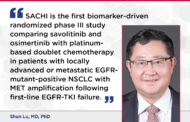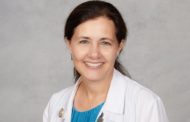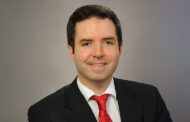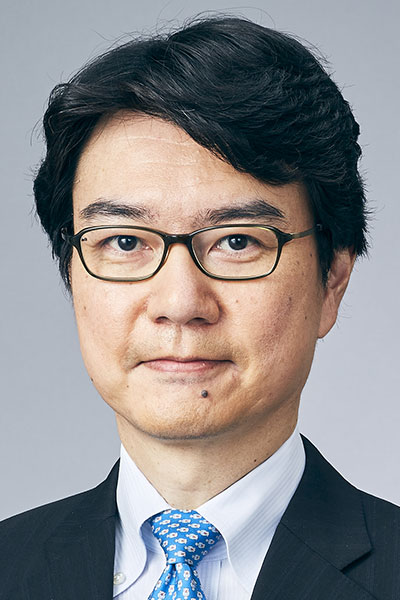
The world of extensive-stage small cell lung cancer (SCLC) is changing—starting with the name. “Extensive-stage” once referred to SCLC that had spread beyond the radiation field of classic radiotherapy. Current staging is based on the familiar TNM staging in addition to extensive-stage and limited-stage nomenclature.
“The use of TNM staging is recommended for SCLC similar to non-small cell lung cancer,” said Hidehito Horinouchi, MD, PhD, Assistant Chief of Thoracic Oncology, National Cancer Center Hospital, Tokyo, Japan. “We are gradually accepting TNM staging while using old but familiar terms like extensive-stage and limited-stage. In addition to staging, biological classification of SCLC is emerging. That is one of many aspects of SCLC that is changing.”
Dr. Horinouchi will co-chair an educational session on “Extensive-Stage SCLC” from 10:45 – 11:45 SGT on Tuesday, September 12, in room 405B. He will share the podium with Stephen Liu, MD, Associate Professor of Medicine, Director of Thoracic Oncology, and Head of Developmental Therapeutics, Georgetown University Lombardi Comprehensive Cancer Center, Washington, DC.

ES36: Extensive-Stage SCLC
10:45–11:45 SGT, Tuesday, September 12, Room 405B
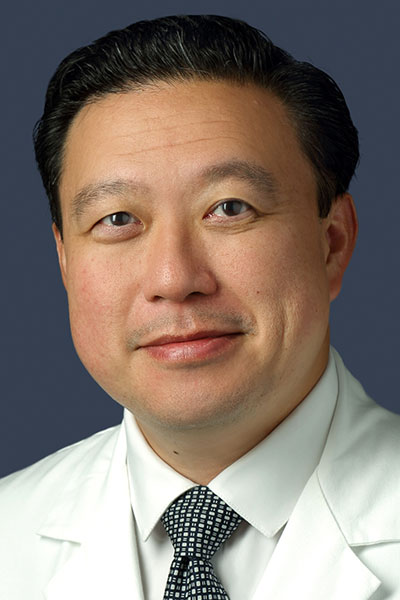
“Small cell lung cancer is biologically a very aggressive subset of lung cancer that has been refractory to treatment and to our efforts to improve treatment,” said Dr. Liu, who is also co-host of IASLC’s podcast Lung Cancer Considered. said. “In the past five years or so, we’ve seen the integration of immunotherapy into the management of SCLC, which has improved survival. Our four speakers will provide a state-of-the-art update with an eye to future changes that we expect will improve outcomes.”
Immunotherapy provided the first meaningful improvement in prognosis and survival in decades, Dr. Horinouchi said. Antibody-drug conjugates, bispecific T-cell engagers, and targeted therapies are just a few of the new agents and approaches driving survival gains today.
Misty Shields, MD PhD, Assistant Professor of Clinical Medicine, Indiana University, Indianapolis, will discuss the latest in systemic therapies in current use. Byoung Chul Cho, MD, PhD, Professor of Medical Oncology, Yonsei University College of Medicine and Chief of Lung Cancer Research, Yonsei Cancer Center, Seoul, Korea, will focus on the latest novel agents for SCLC with a look at new technologies in development that oncologists can expect to see in what Dr. Liu called the immediate near future.
Oncologists can also expect to see renewed emphasis on smoking cessation in SCLC. William Evans, MD, Chair of the IASLC Tobacco Control and Smoking Cessation Committee and Professor Emeritus of Oncology, McMaster University, Hamilton, Canada, will explore current findings that could help improve outcomes.
“SCLC is strongly linked to tobacco use,” Dr. Liu said. “We know that smoking cessation plays a role, not only in the prevention of lung cancer, but also in improving outcomes for patients diagnosed with lung cancer and receiving treatment. We are going to see some provocative data on the role and benefit of smoking cessation providing some insight into what we are missing.”
Emerging biomarkers offer the hope of not only improving SCLC outcomes, but of improving both diagnosis and prognosis. Triparna Sen, PhD, Associate Professor of Oncological Sciences and Co-Director, Lung Cancer PDX Platform, Icahn School of Medicine at Mount Sinai, New York, will explore the emerging practical applications for the latest generation of biomarkers and where they could lead.
“Clinical practice is not going to change tomorrow or next week, but there are multiple important advances in SCLC moving toward the clinic, including a new wave of treatment approaches for SCLC,” Dr. Horinouchi said. “These presentations will show why we are so very hopeful and why it is so important for clinicians and patients to join the latest clinical trials.”


